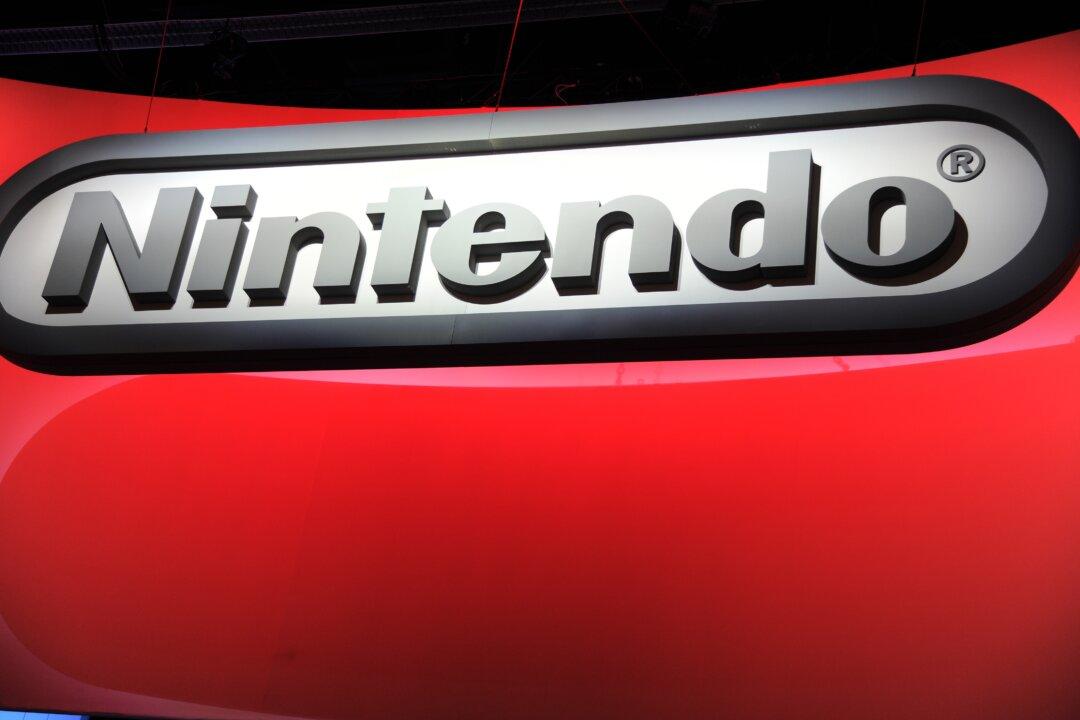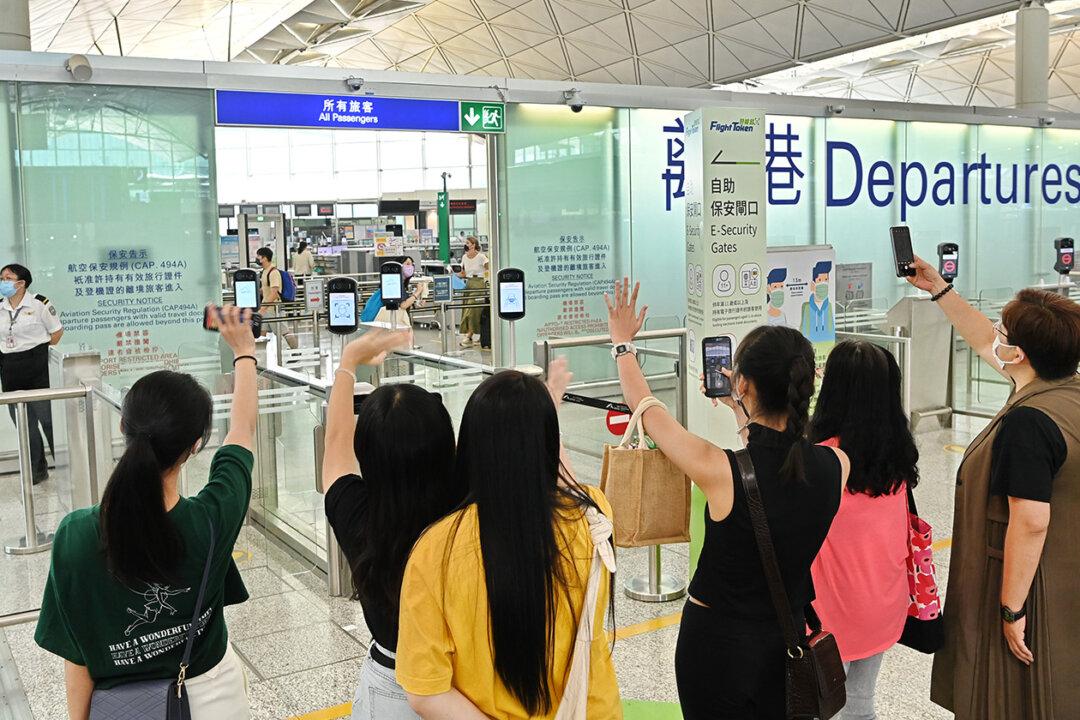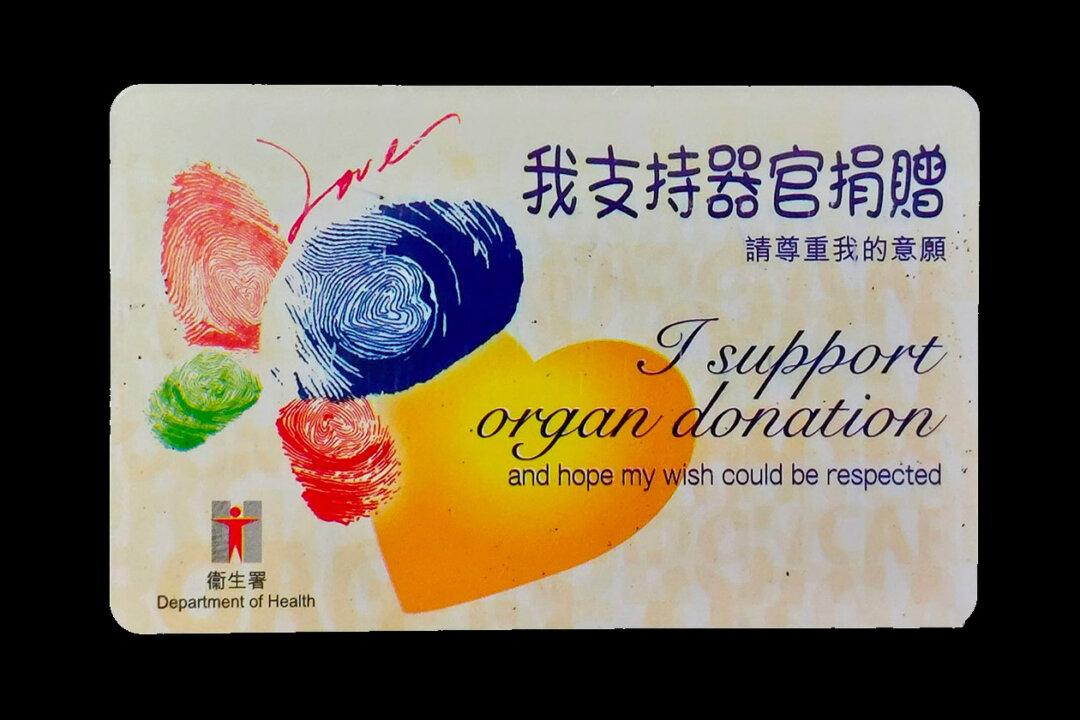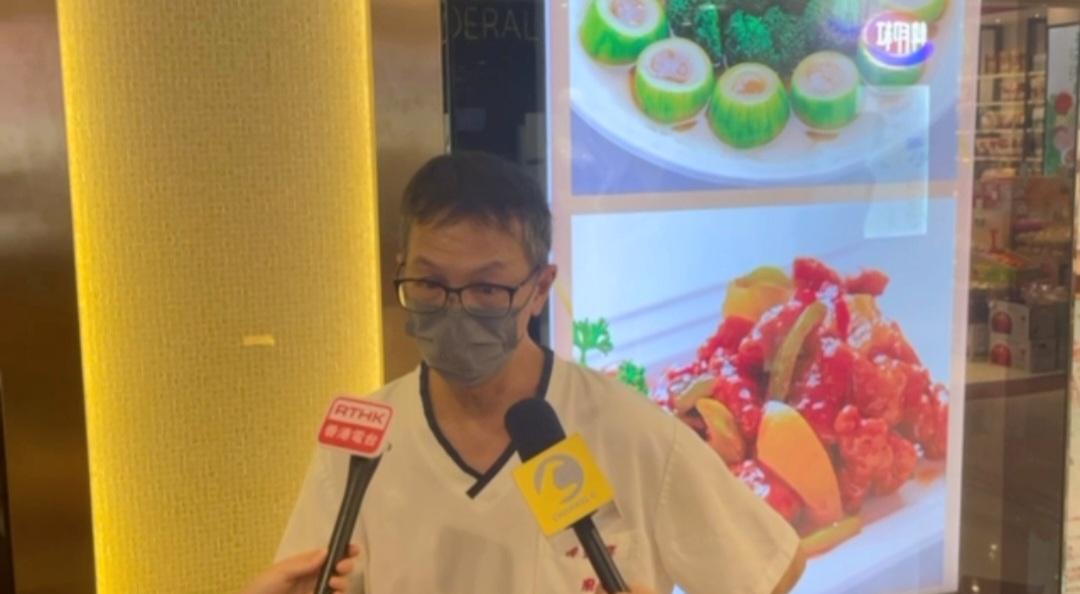Nintendo launched its new game on May 12, on the same day as the 15th anniversary of China’s destructive 8.0 magnitude Sichuan Earthquake in 2008. Angry mainland netizens accused the game manufacturer of carrying secret messages in the game’s dialogues.
Since then, some have been actively calling for boycotts on Twitter and other social media channels.




